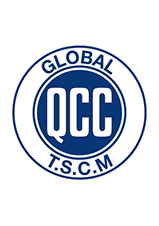Former US diplomat Victor Manuel Rocha, a national security council member in the 1990s, faced charges of covertly working as a Cuban government agent for over 40 years. Arrested in Miami, the FBI’s lengthy investigation revealed his alleged federal crimes, marking a profound infiltration of the US government by a foreign agent, as stated by Attorney General Merrick Garland.
Rocha’s 25-year diplomatic career spanned Democratic and Republican administrations, primarily in Latin America during the cold war. He allegedly secured positions within the US government to access non-public information and influence foreign policy for Cuba, breaching federal laws on foreign lobbying.

Born in Colombia and educated at Yale, Harvard, and Georgetown, Rocha allegedly misled authorities, met Cuban operatives abroad, and obtained travel documents under false pretences. Last year and this year, undercover FBI agents, posing as Cuban intelligence representatives, reportedly heard Rocha confess to decades of espionage, referring to the US as “the enemy” and praising Fidel Castro.
His diplomatic interventions in Argentina and Bolivia stirred controversy, influencing elections and aid decisions. Despite his diplomatic career, Rocha later ventured into various business roles before his arrest, leaving a trail of alleged espionage and political influence.
This resonates significantly with Technical Surveillance Countermeasures (TSCM). Rocha’s ability to infiltrate the highest levels of the US government undetected for years underscores the critical importance of TSCM in safeguarding sensitive information and spaces. TSCM involves detecting and mitigating electronic eavesdropping devices, bugs, and other surveillance equipment used in espionage.

